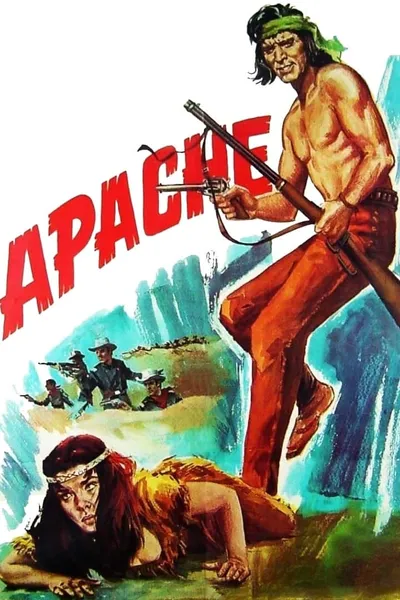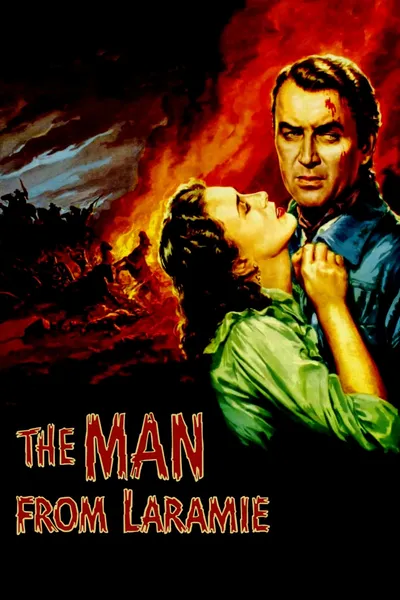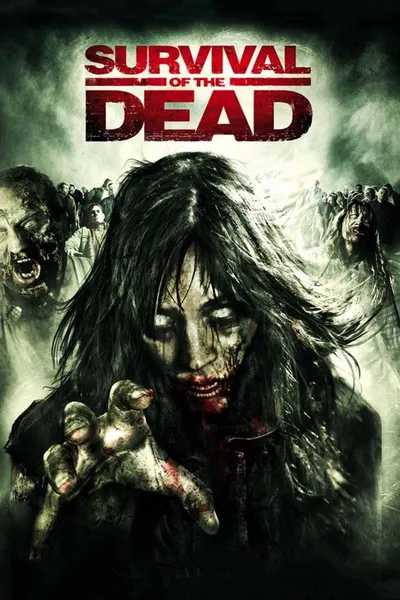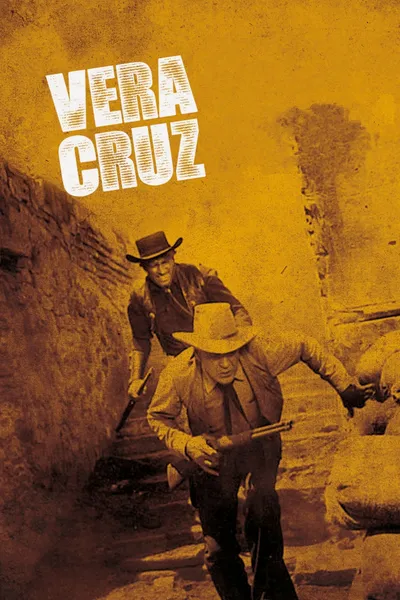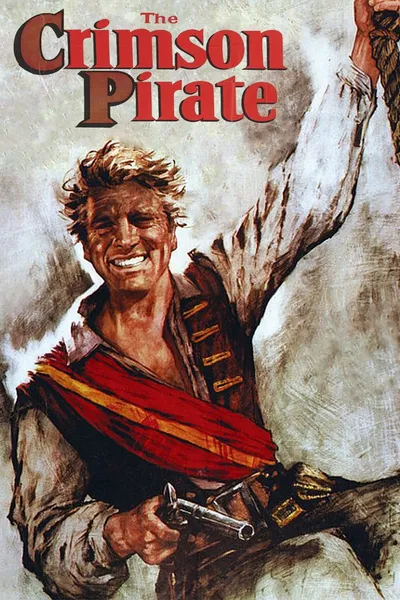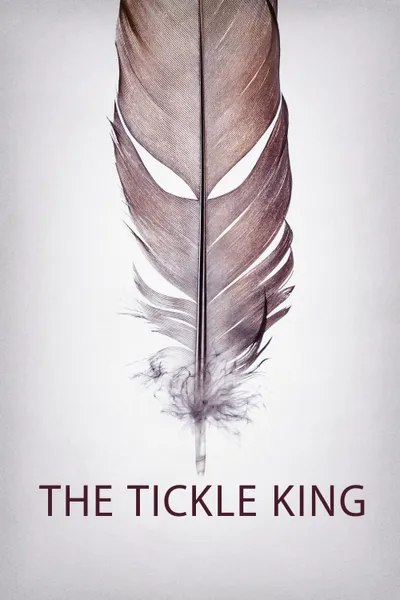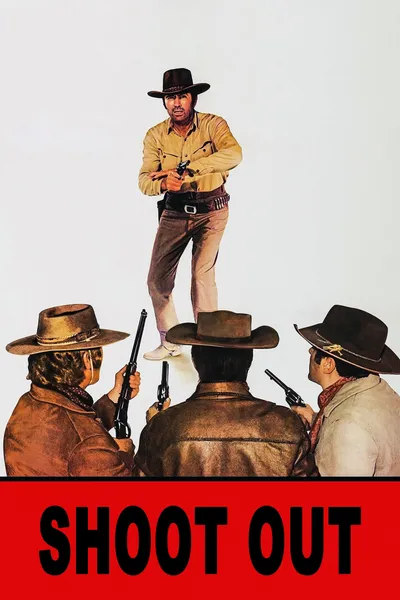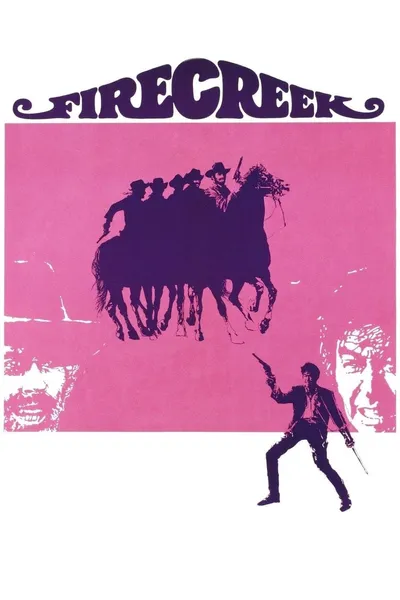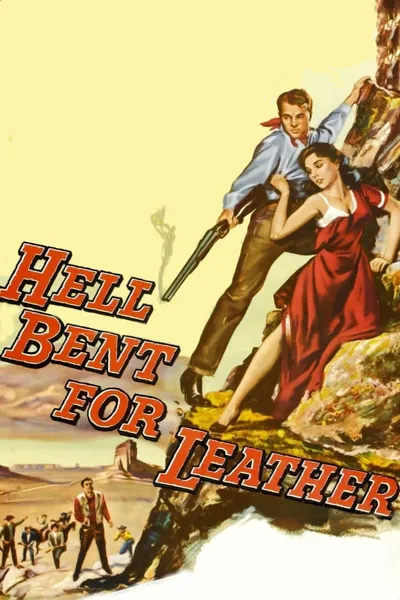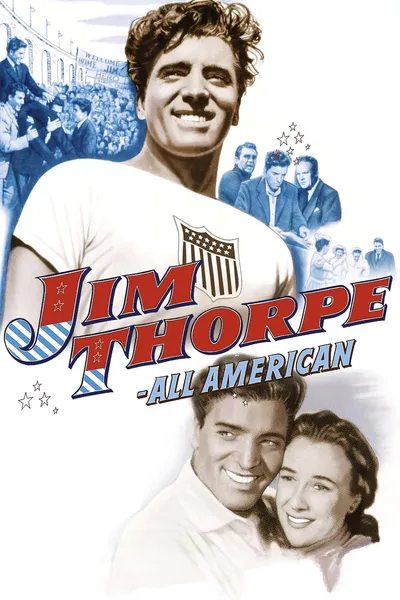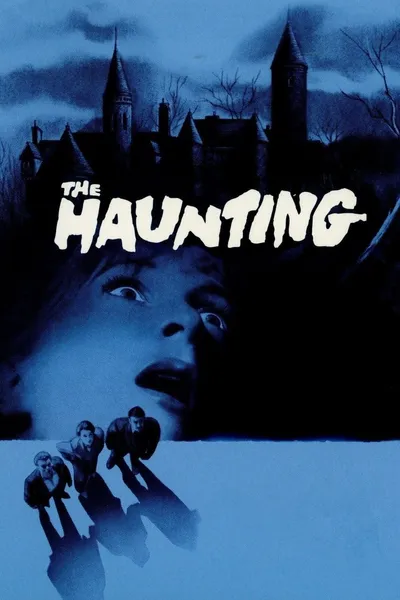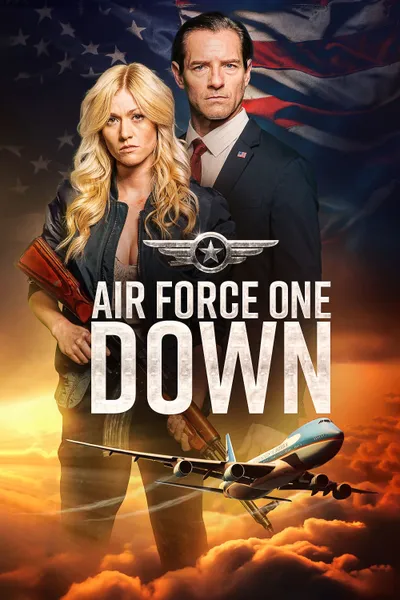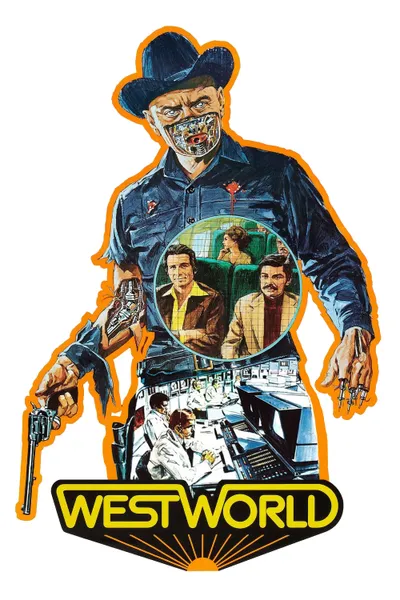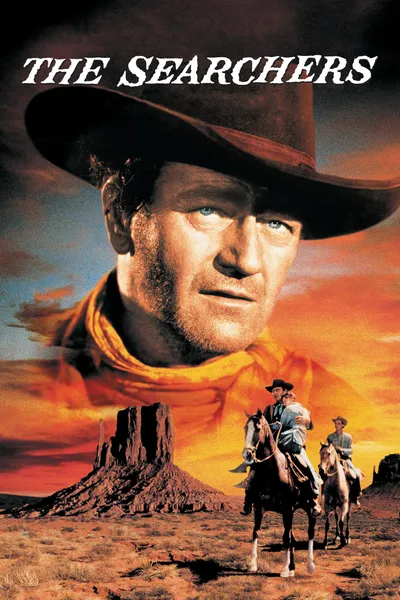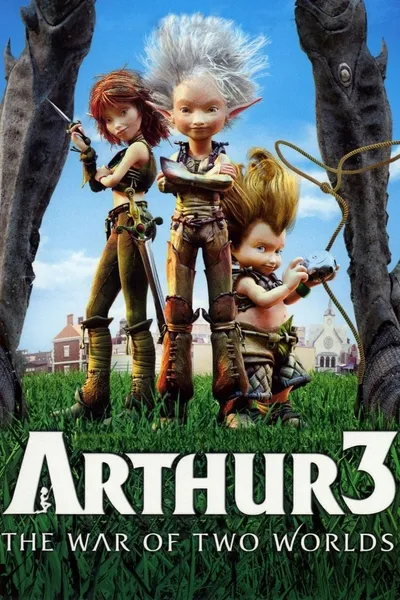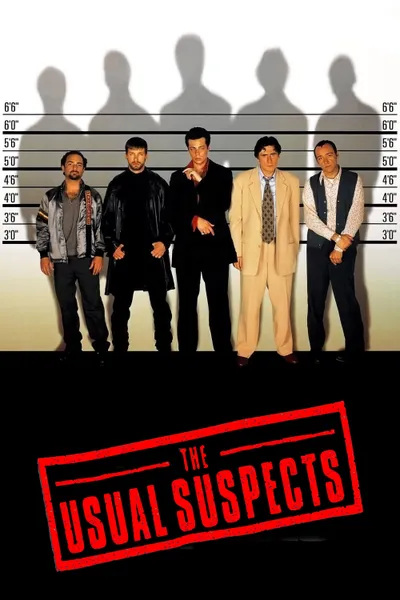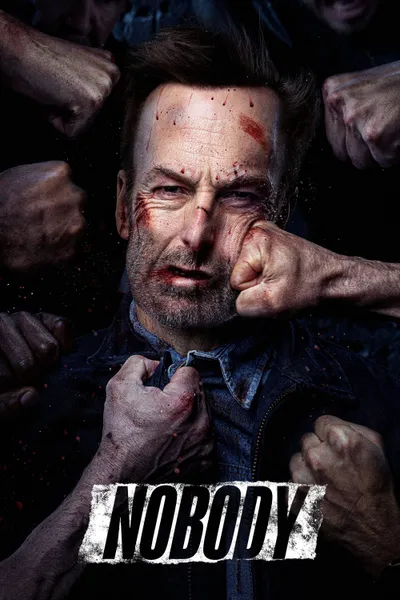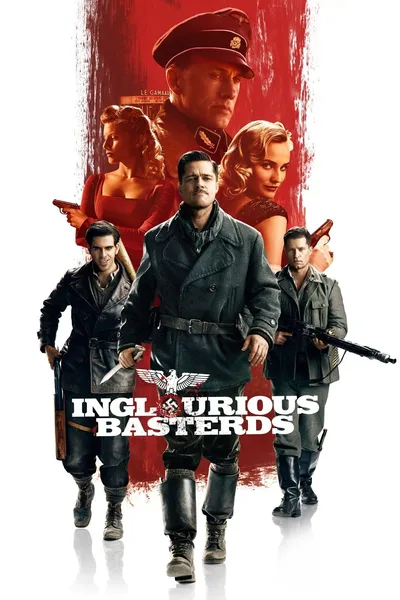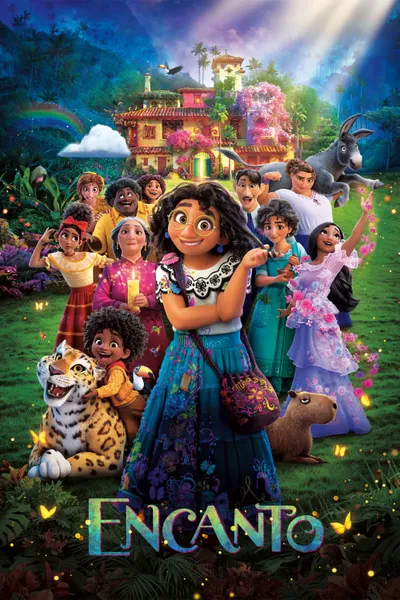Reviews

John Chard
February 9, 20177.0
Number 43
Apache is directed by Robert Aldrich and adapted to screenplay by James R. Webb from the novel "Broncho Apache" written by Paul Wellman. It stars Burt Lancaster, Jean Peters, John McIntire, John Dehner, Charles Bronson and Paul Guilfoyle. Music is by David Raksin and cinematography by Ernest Laszlo.
"This is the story of Massai, the last Apache warrior. It has been told and re-told until it has become one of the great legends of the Southwest. it began in 1886 with Geronimo's surrender."
Apache has problems, undoubtedly, from the casting of overtly bright eyed Americans in the principal Native American roles, to the shift into love story territory, and on to the studio enforced compromised ending, it's a mixed bag for sure. If you can get over these "issues" then there is still a lot to enjoy here.
You're not a warrior any more; you're just a whipped Injun.
Apache follows in the footsteps made by Broken Arrow and Devil's Doorway that saw a shift in how Native Americans were being represented on screen. The story of Massai (Lancaster) is a fascinating one, even if the movie doesn't quite be all that it can be. It shows him as a stoic and complex individual, fiercely determined in a last man standing type of way, while his confusion with the world he no longer understands - or cares to be part of - is expertly realised by Lancaster and Aldrich. One sequence has Massai walk through town observing the alien white man world at work, including Chinese folk busying themselves in a laundry, it's a smart piece of writing, proving that there is intelligence and points of worth in the story.
You are like a dying wolf biting at its own wounds.
Thankfully the film doesn't go too far the other way and paint Massai as a saint, we know what he is capable off, and he shows us his skills as a warrior as the story moves on. There's even a scene of major manhandling of Nalinle (Peters) that is uncomfortable viewing but actually integral to Massai's emotional state and how the story between the two unfolds. Here in is the problem, once Massai and Nalinle "fall" for each other the picture loses its edge, where even though Aldrich inserts some more action sequences, the grit, intelligence and narrative thrust has disappeared. This all leads to the ending, that as written originally should have seen a cold and dark finish along the lines of the brilliant Devil's Doorway. Instead we get something approaching cuteness and not as profound as the studio obviously thought it was.
The casting of Lancaster and Peters gives the film athletic muscularity and beauty (respectively), certainly in Lancaster's case he throws himself into a role he actively courted to take him onto another acting level (he co-produced it with Harold Hecht). It takes some getting used to, but they provide wholesome characterisations even if they never convince as Native Americans. Support work from McIntire and Dehner is strong, but unfortunately Bronson (here billed as Buchinsky) is short changed by a screenplay that doesn't enhance a very promising character. Raksin's score blends the usual Indian thrums with a love theme that is not dissimilar to the love theme used by Alex North for Spartacus six years later. While Laszlo's Technicolor photography is grade "A" stuff where the landscapes (a number of locations were used, primarily in California) form a telling part of the plotting.
Problems for sure here, and in truth it's the weakest Western made by the Aldrich/Lancaster pairing, but it has good strengths, it was a financial success and it's a story well worth being told. 7/10
Recommendation Movies
The Man from Laramie1955
Survival of the Dead2010
Vera Cruz1954
The Crimson Pirate1952
The Tickle King2017
Shoot Out1971
Firecreek1968
Hell Bent for Leather1960
Jim Thorpe – All-American1951
The Haunting1963
Air Force One Down2024
Westworld1973
The Searchers1956
Arthur 3: The War of the Two Worlds2010
Just Go with It2011
Room2015
The Usual Suspects1995
Nobody2021
Inglourious Basterds2009
Encanto2021
© 2025 MoovieTime. All rights reserved.Made with Nuxt
